How To Make a Dog Poop Quickly: Advice from a Vet

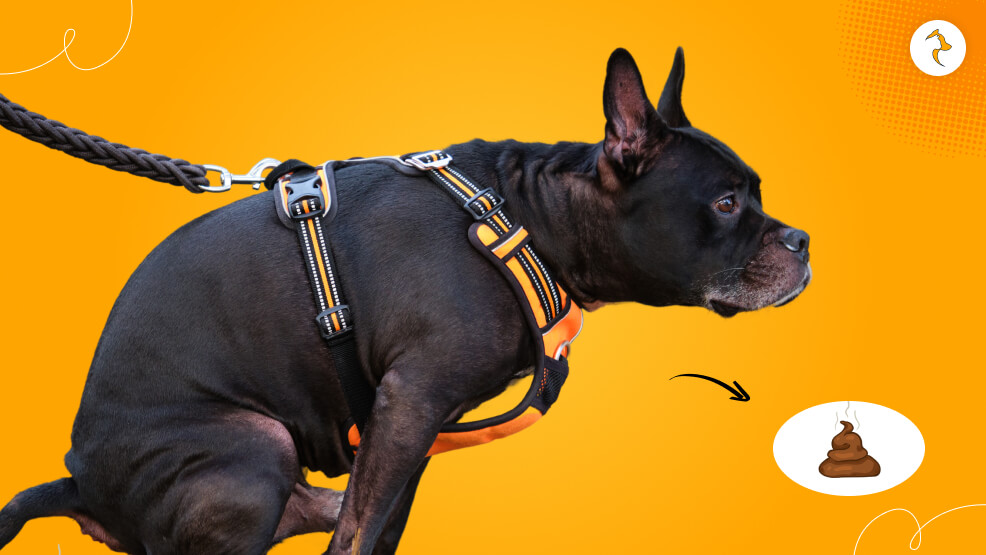
Tracking your dog’s digestive health is a great concern to any pet owner. It is frustrating when your dog cannot poop often. The problems that come with this kind of situation are very disheartening.
In this article, learn about the causes and know why your dog might face difficulties in pooping when it should, and be concerned appropriately when it has to relieve itself soon.
There are many reasons why your dog is not pooping as expected. They range from the very mild to the most serious health issues. Some common reasons include the following:
- Dietary changes or imbalances: Sudden changes in your dog’s food, lack of fiber, or a change in the kind of food can cause disturbance in their digestion.
- Inactivity: If the dog is not moving enough, it affects their bowel movements.
- Stress or Anxiety: It may stress your dog out since it changes the environment or routine, and that never makes them poop.
- Dehydration: They may drink less water with hard stools, and passing may be difficult sometimes.
- Health Issues: Due to health problems like digestive concerns, parasitic infestations, or even worse blockages, a dog can experience constipation.
How Often Should My Dog Eat?
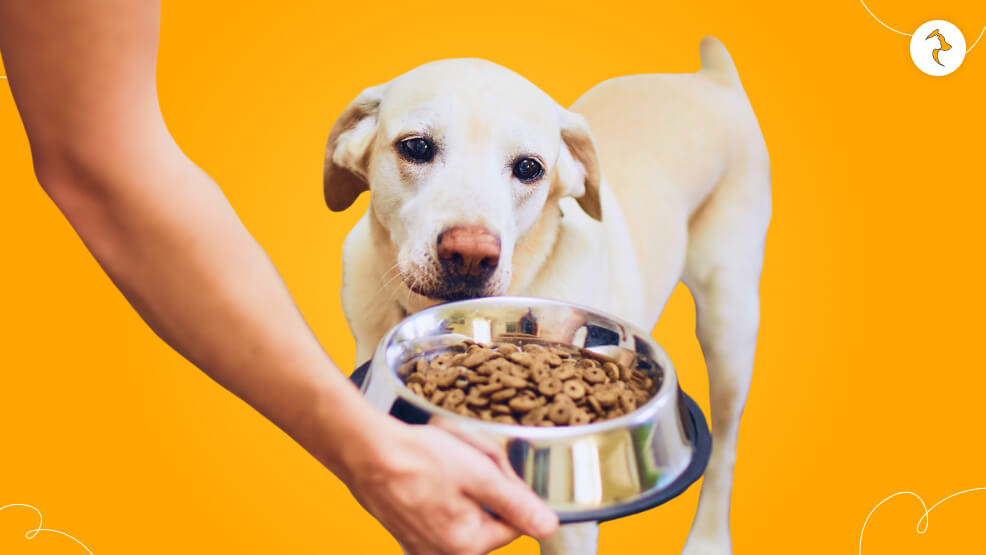
While you are not something to worry about in case of intermittent constipation, some signs prompt you to seek help.
If your dog fails to relieve himself after 48 hours or starts whining, straining, or showing pain as he tries, you must visit your vet.
Should the stool or vomit of your dog contain blood, lethargy, or bloating, it’s probably a symptom of some more serious underlying disease.
How to Get a Dog to Poop Fast: 6 Useful Ways
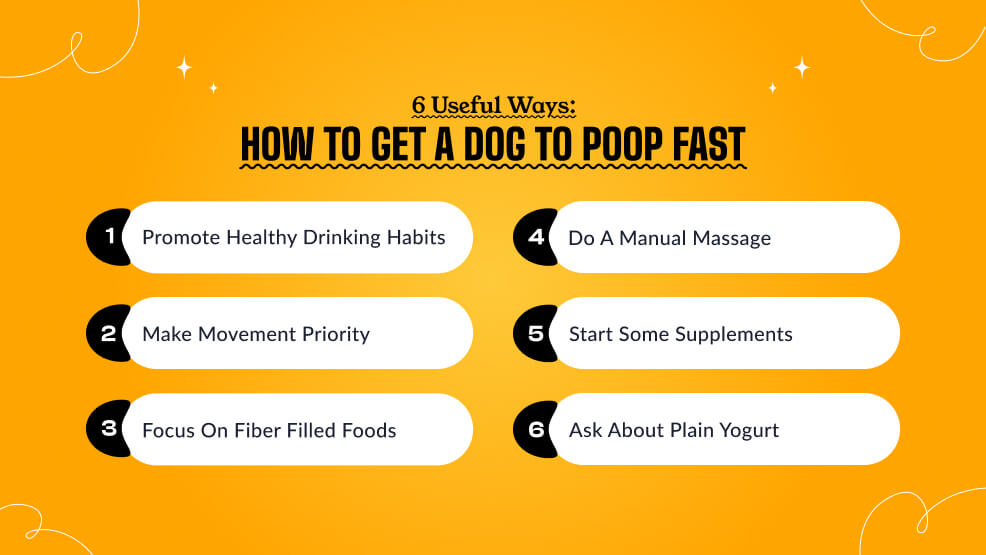
Let me share with you some of the useful ways in which you can help your dog poop properly. These useful ways will contribute to the overall health habits of your dog. If your dog cannot poop, several ways can stimulate quick relief for your poor pup:
1. Promote Healthy Drinking Habits
Constipation can be due to dehydration, and one of the very important things is that your dog has been having enough drinking water.
Provide fresh water for your dog throughout the day. One can also add a small amount of water or low-sodium broth to one’s food.
Some dogs get excited about drinking by getting ice cubes or flavored water, so they might drink more.
2. Make Movement Priority
The dog’s digestive system can be stimulated through exercise. Take your dog out for a walk or playtime to get exercise. Make them move around and get them to poop. Try an invigorating walk on them or a bit longer outing if they happen to be having trouble.
3. Focus on Fiber Filled Foods
Fiber is particularly important for the healthy digestion of an animal. Feeding a dog pumpkin, sweet potatoes, or even commercially formulated high-fiber dog food will help with loosening the stool to help his bowel movements. Gradually introducing new fiber sources in the diet also prevents an upset stomach.
4. Do A Manual Massage
This could stimulate your dog’s intestines as it massages its belly. That would be especially helpful if your dog is constipated, possibly from gas or minimal discomfort. Do this gently, watching for their reaction, as it could cause pain.
5.Start Some Supplements
Some supplements can be taken to complement the digestive system of the dog. Some products that can prove helpful in the maintenance of healthy bowel movements are fiber supplements and probiotic powders. Discuss the possibilities with your vet before supplementing your dog’s regimen.
6.Ask about Plain Yogurt
Plain, unsweetened yogurt is a probiotic. It can regulate your dog’s digestive system, and even if added to a small quantity of food, it would encourage healthy bacteria to thrive in the gut, relieving constipation as well.
Ensure the yogurt isn’t sweetened with xylitol, an artificial sweetener toxic to dogs.
Causes of Dog Constipation
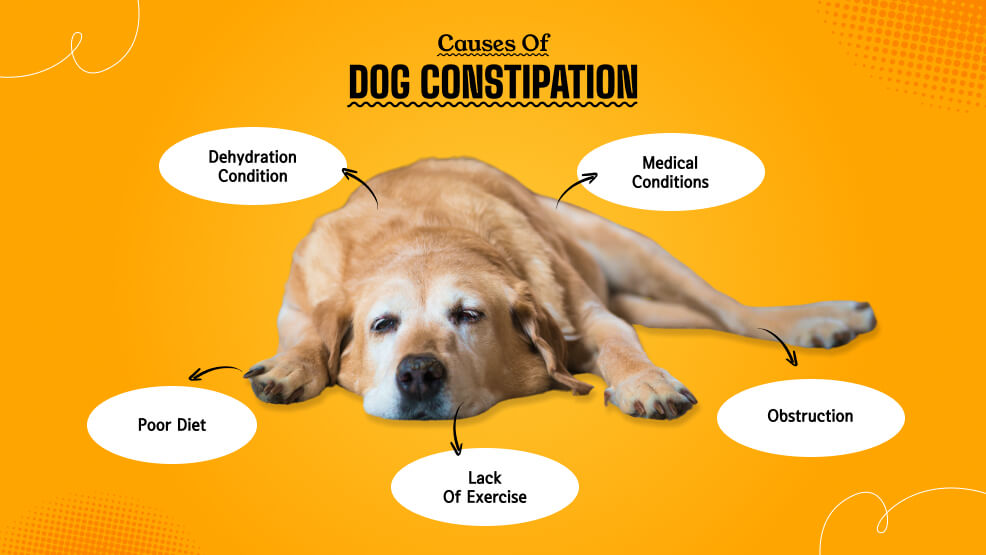
There are multiple causes for dog constipation:
- Dehydration condition: There is a lack of water, and the stools become hard and painful.
- Poor diet: A very low-fiber diet or a sudden change in diet causes digestive issues.
- Lack of exercise: A lazy dog slows down the work process of digestion.
- Obstruction: Hairballs, foreign objects and others, prevent the normal stools from coming out.
- Medical conditions: Hypothyroidism or disorders of the gastrointestinal system can cause constipation. Besides, infections can also cause constipation.
Symptoms of Constipation
The following are the signs of constipation in your pooch.
- Rare or no bowel movements
- Pain or straining while trying to pass
- Dry, hard stool
- Vomiting or loss of appetite
- Lethargy or discomfort
- Bloated or swollen abdomen
Dog Constipation Home Remedies
When your dog is constipated, you can try to induce bowel movement with some of the home remedies, including:
- Plain canned pumpkin: A little canned pumpkin, but not the pie-filling spices, can soften stool.
- Olive or coconut oil: Adding one teaspoon of oil to the dog’s food can lube up the intestines.
- Water or low-sodium broth: Adding water or low-sodium broth to the dog’s food can help hydrate and soften the stools.
- Fiber sources: Add sweet potatoes, carrots, or one of several fiber supplements available.
When to see a Vet
Suppose the constipation in your dog persists for more than 48 hours. In that case, if the medication doesn’t produce improvements or is accompanied by ominous signs and symptoms like vomiting, lethargy, or abdominal pain, it is time to go to a vet.
Long-term constipation, or constipation with some disease, may require medical attention.
Wrapping Up!
Some common problems with dogs are constipation, though most can be resolved with alterations in a few diet items, water, and even some exercise.
If you ever feel your dog hasn’t been doing his thing properly, you can use the above suggestions to get him back on track in no time.
But if your vet thinks that the condition could go on for a long period and is accompanied by other concerning symptoms, then you should not delay seeing a veterinarian for help with your dog’s health.






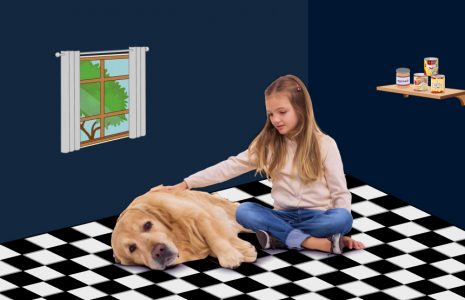
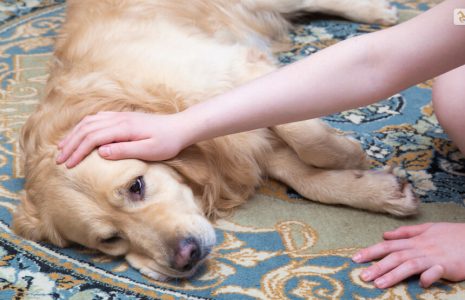
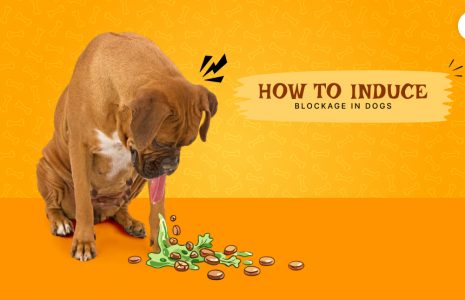
Leave A Comment